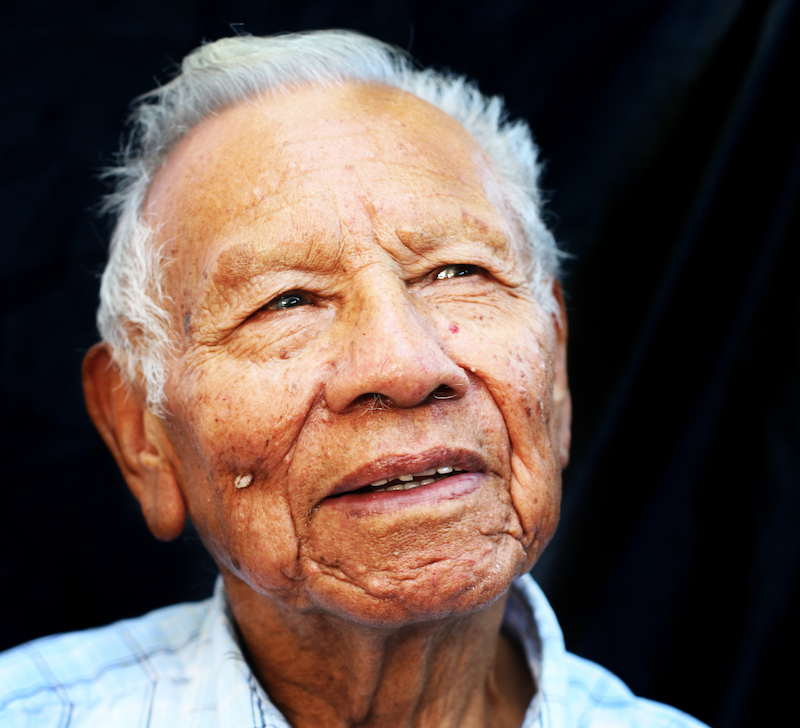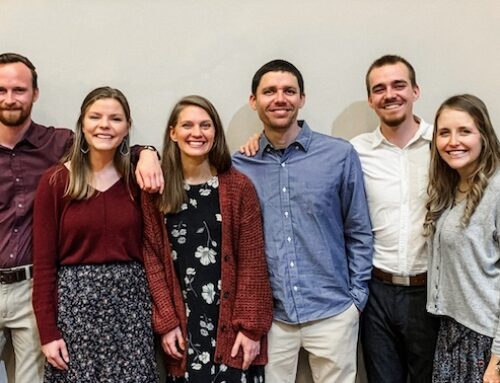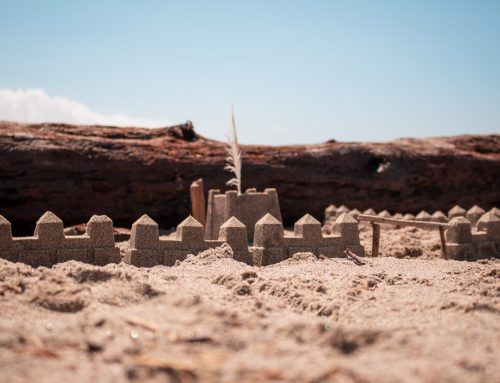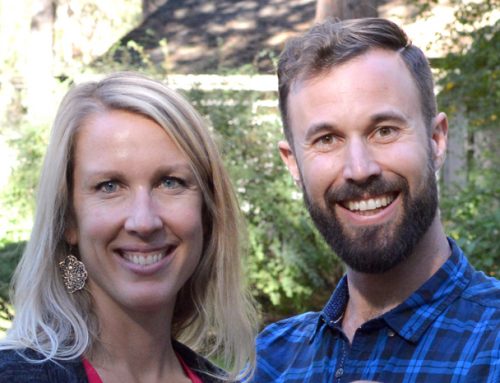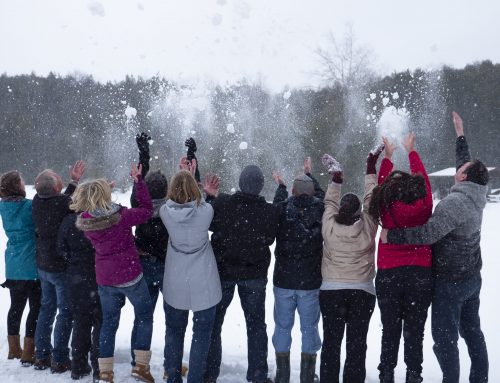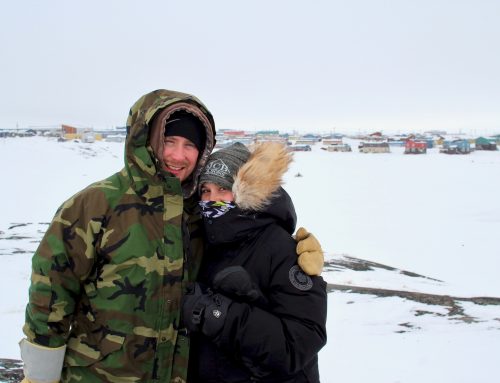Tradition says that we honour our elders. This idea runs parallel to the Judeo-Christian foundational value of elders worthy of “double honour” (1 Tim. 5:17).
Today there is a cultural shift occurring where “elder” does not refer to senior in age, experience, and greater responsibility, but more often “elder” refers to a traditional religious leader who may be below the age of 40. Honouring the older members has become much more compartmentalized, rather than actually listening to them speak wisdom.
I reflected on the value of honouring as I walked alongside a Christian First Nations friend who retired from a leadership position in the community. As the last days of work were completed, no one celebrated all the years of service given because of this believer’s desire to put Christ first.
Throughout the years much prayer went up on behalf of this elder in a key position of influence. Often others’ shame was assumed for the greater demand of Scripture to love others and show mercy and compassion. Psalm 91:15 became a daily practice: “He will call upon me, and I will answer him: I will be with him in trouble. I will deliver him, and honour him.”
The Lord says that He will honour the one who honours Him (1 Sam. 2:30; Jn. 12:26). As we receive caution to not seek honour from men, but rather seek honour that comes from God only (Jn 5:44), I still felt that something was missing.
As believers who stood alongside praying, we also must take on the role of those who did not show honour where it was due. “Be kindly affectioned one to another with brotherly love; in honour preferring one another” (Rom. 12:10). Let us honour our First Nations brothers and sisters who faithfully follow the Lord.
Written by: Ruth Anna Dana, Missionary in Northern Canada

